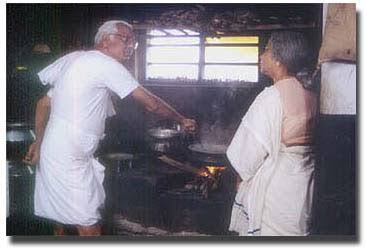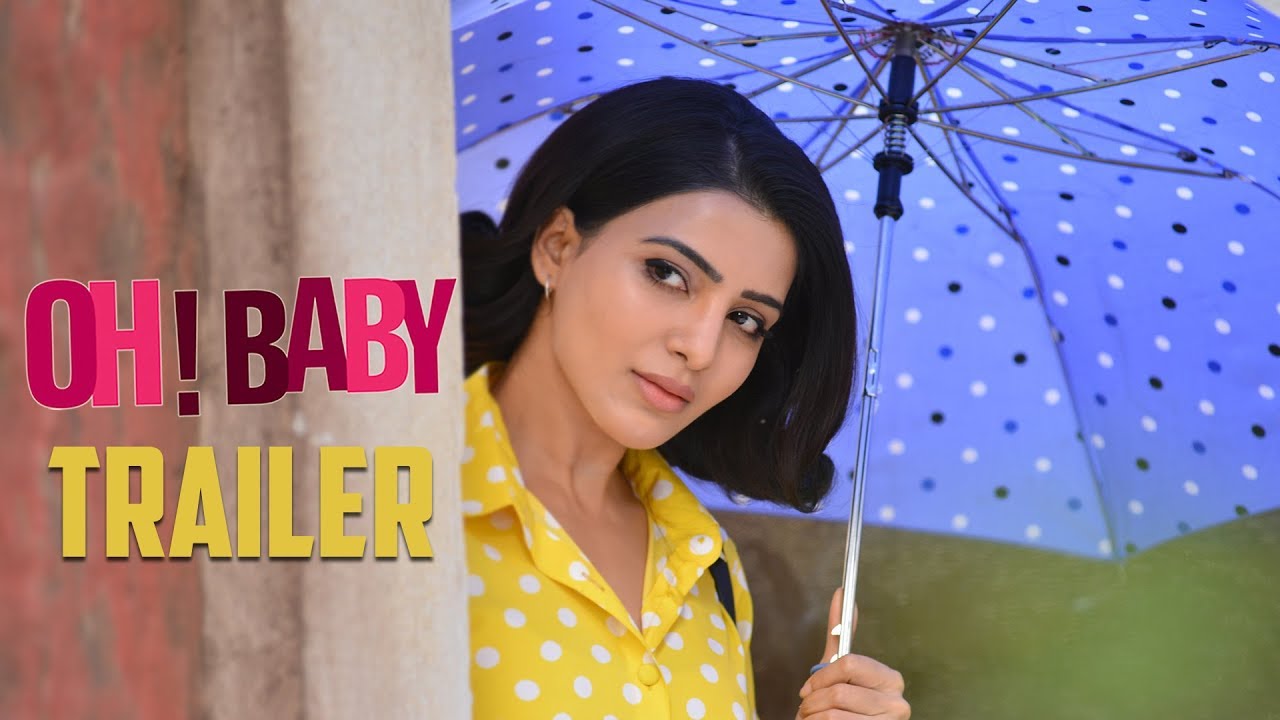While MT Vasudevan Nair’s novel, Randamoozham, a classic work, will soon be retold on silver screen with Mohanlal playing the protagonist, there exists a movie of his – not as celebrated or grand, perhaps – but just lovely and insanely perfect.
“We have a word for that in Japanese. It’s called ‘ma’. Emptiness,” explained Japanese auteur Hayao Miyazaki in a 2002 interview with critic Roger Ebert, answering a question about the ‘gratuitous motion in his films’. The narrative in Miyazaki’s films pauses several times to watch fish swimming in a stream or wind blowing through the woods – shots that are of no consequence to the actual plot, but are meaningful in their own right. Moments of ‘ma‘ are strikingly visible in his films like My Neighbor Totoro. It is with such images – which often go unnoticed in real life – that Miyazaki builds a deep sense of calm.
Jnanapith award-winning writer, director and script-writer MT Vasudevan Nair’s Oru Cheru Punchiri (A Slender Smile, 2000) is a collage of such gentle moments that encompass the uncomplicated beauty of life. If silence is imperative in Miyazaki’s films, in Oru Cheru Punchiri, there is always a pleasant presence of sound in the form of music, conversations, the moo of a cow, or the din from a nearby playground in the frame. The film’s unhurried pace is something that usually filmmakers do not aspire for.
A luminous tale of companionship, the film is centred around an old couple, 74-year-old Krishna Kurup (Oduvil Unnikrishnan) and sixty-something Ammalu Amma (Nirmala Sreenivasan),who are leading a post-retirement life in their native village. It’s very idyllic. They spend their days taking strolls through their kitchen garden that they nurture with so much love, watching old romantic movie songs on television, reading and re-reading letters from their children who live in far-away cities, and just talking to each other about things that might not make much sense to the fast-moving busy world. Their old friends, classmates and colleagues are either dead or living in loneliness, but Kurup and Ammalu Amma have each other in sickness, happiness, and most importantly, in surviving the monotony of everyday life.
It’s not a sugar-coated tale, though. Alongside all the tempting images of the pastoral life, there are frequent mentions of death. But Oru Cheru Punchiri doesn’t look at death as an unsolicited and gloomy event, but a slender smile when life reaches its peaceful end.
An adaptation of Mithunam, a short-story by Telugu writer Sriramana, Oru Cheru Punchiri is one of the lesser known works of MT, whose film oeuvre has acclaimed movies like Oru Vadakkan Veera Gadha, Perumthachan and Sadayam.
Oru Cheru Punchiri is much smaller and simpler in comparison. It won MT the State Film Award for the best director in 2000, bagged a National Award that year for the Best Film on Environment Conservation/Preservation, and went on to win hearts at various international film festivals it was screened at.
The relationship of the couple has a curious touch of childlike innocence. He is a staunch foodie. A disciplinarian who talks in a loud voice. She is poised, but not any meek. You see her spiritedly reminding him that she used to be a bright matriculation student when he teases her of being a fool. There is a scene in which Kurup, Ammalu Amma and Kannan, a little boy they have befriended, are walking through the farm, examining and passing comments about the coconut trees and vegetable plants. “Hope no one casts an evil eye on them. We should get a scarecrow,” says Ammalu Amma, to which Kurup replies cheekily, “That’s easy. Why don’t you wear that black saree of yours and walk around the farm?” Kannan bursts out laughing, and a furious Ammalu snaps, “Oh, you think you are a handsome man, don’t you? Men like Dileep Kumar get more good-looking with age, and look at you, like a withered seed!”
The easiness with which they make fun of each other, complete each other’s sentences, and read each other’s mind is endearing. During another instance, you see her watching him slide into a deep sleep after taking a country medicine that she had prepared for him. The camera lingers on her face, now lit up with a hint of smile on her lips. It makes you wonder if it’s so effortless to be in love.
Recommended
There is another reason to why Oru Cheru Punchiri is an unparalleled work. It normalises old age, treats the elderly as people, and not as dispassionate props. Kurup and Ammalu Amma can be foolish and vulnerable, as they can be wise and stern in an orthodox way.
There is a moving scene in which an old colleague, Govindettan, who is visiting them, bids goodbye. “When you come next, stay back for a few days,” Ammalu tells him, and he nods, his eyes welling up with tears. Who knows if there will ever be a next time! “Life is in these brief moments that I spend with friends and the people I love, doing things like in the old days,” he says.
The prelapsarian Eden where Krishna Kurup (Oduvil Unnikrishnan) and Ammalu Amma (Nirmala Srinivasan) live, looks like a place that exists. Their life, wrapped in happiness and peace, is the one most of us are striving to achieve.
*****



